Speaker
Description
The flavour anomalies are discrepancies observed between the experimental data and the Standard Model (SM) predictions and their detection forms the strongest evidence for the existence of New Physics (NP) in current collider data. These anomalies are revealed in quark-level transitions, such as the $b \rightarrow s~l^+l^-$ transitions, which are highly suppressed in the SM and can only occur via loop diagrams. NP could be manifest by the introduction of new exotic particles, such as a heavier gauge boson Z' or leptoquarks, which could allow the existence of these decays at tree level.
A particularly sensitive realization of the aforementioned transitions is the $B^0 \rightarrow K^{*0} \mu^+ \mu^-$ decay. Its angular analysis allows one to measure several parameters which are sensitive to different NP sources. This process is at the center of the detected flavour anomalies : several tensions with the SM were found during Run 1 by the LHCb, ATLAS and Belle Collaborations. Despite the large statistics collected during Run 1, the results were dominated by statistical uncertainties. The analysis of the data collected during Run 2 will allow to increase the precision of the measurements given the much higher luminosities achieved and to confirm or falsify the observed discrepancies.
The work of this thesis will be concerned with the study of this decay using data collected by the CMS detector during the full Run 2. The main goal will be to measure the decay branching fraction. The work has the potential to significantly contribute to the CMS exploration of the alluring flavour anomalies.
